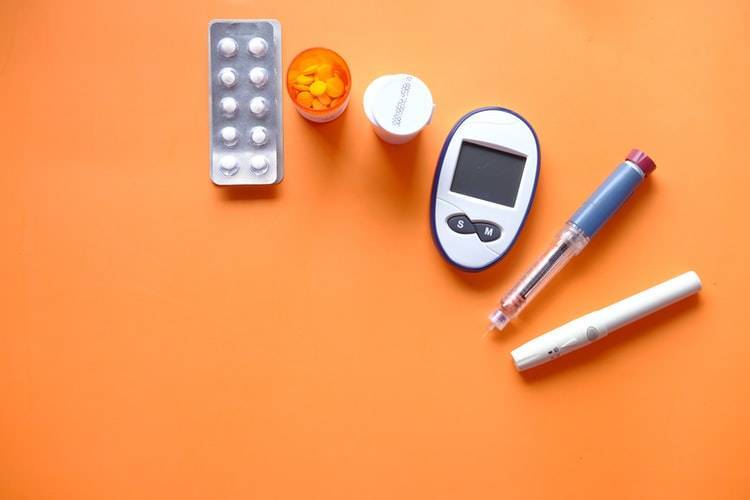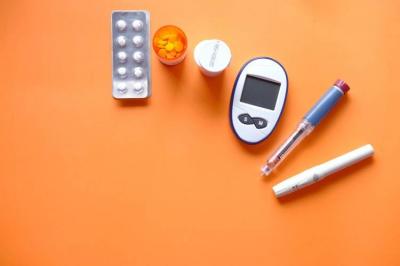Type 2 diabetes is the result of a malfunction in the body's processing of the hormone insulin. Insulin has many important roles in the body, most notably regulating glucose, which is the main type of sugar found in the blood. Poor insulin production leads to unregulated elevated blood sugar levels, especially in the morning. This is referred to as the "dawn phenomenon," a natural rise in blood sugar levels occurring in the early morning hours due to hormonal changes in the body. Usually, the body uses insulin to manage this spike in blood sugar, but a person with diabetes either does not produce enough insulin or cannot use it properly. Consequently, the patient will feel the effects of elevated blood sugar levels.
According to Medical News Today, the five main symptoms that signal caution regarding the dawn phenomenon are:
- Feeling weak
- Nausea
- Blurry vision
- Confusion
- Severe thirst
The dawn phenomenon can be problematic because the body is typically unable to correct insulin changes overnight, which often leads to consistently elevated blood glucose levels in the morning. It is estimated that the dawn phenomenon occurs in approximately 50 percent of individuals with type 2 diabetes, according to the British newspaper Express.
How to manage this phenomenon:
- Take medication or insulin at bedtime instead of at dinner.
- Eat dinner earlier in the evening.
- Engage in some exercise after dinner.
- Avoid carbohydrate-rich snacks at bedtime.




